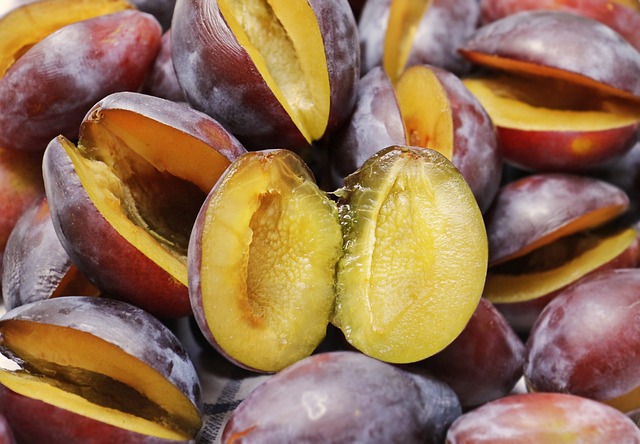Unveiling the Science: How Probiotics Improve Your Immune System
Probiotics have gained significant attention in recent years for their potential to improve various aspects of our health.
While many people are aware of the benefits of probiotics for digestive health, their impact on the immune system is often
overlooked. In this article, we will explore the science behind how probiotics improve your immune system and why
incorporating them into your diet can be beneficial.
Understanding Probiotics
Probiotics are live microorganisms, predominantly bacteria but also including yeasts, that provide health benefits when
consumed in adequate amounts. Our bodies are home to trillions of bacteria, both good and bad, and maintaining a delicate
balance is essential for overall health.
Probiotics help in maintaining this balance by promoting the growth of beneficial bacteria in our gut. They do so by
creating an unfavorable environment for harmful microbes, boosting our immune system, and enhancing the barrier function
of the intestinal lining.
The Immune System and Gut Health
Did you know that nearly 70% of our immune system resides in our gut? The gut-associated lymphoid tissue (GALT) is a vast
network of immune cells located in the intestinal mucosa. This connection between the gut and the immune system is known
as the gut-immune axis.
When our gut microbiota is imbalanced, it can negatively affect our immune system. An overgrowth of harmful bacteria or a
decrease in beneficial bacteria can lead to chronic inflammation and an increased risk of infections.
This is where probiotics come into play. By replenishing the gut with healthy bacteria, probiotics enhance the gut-immune
axis, improving the overall functioning of the immune system.
Probiotics and Immune Function
Research suggests that probiotics can have several positive effects on immune function, including:
- Activation of immune cells: Probiotics have been shown to stimulate the production and activity of
various immune cells, such as natural killer (NK) cells and T cells, which play a crucial role in fighting off
infections. - Enhancement of antibody production: Probiotics can increase the production of antibodies like
immunoglobulin A (IgA), which helps defend against pathogens in the gut and respiratory tract. - Regulation of inflammation: Probiotics have anti-inflammatory properties and can help modulate the
immune response, reducing the risk of chronic inflammation. - Protection against pathogens: Probiotics can inhibit the growth and colonization of harmful
bacteria, preventing them from causing infections.
Incorporating Probiotics into Your Diet
To harness the immune-boosting benefits of probiotics, you can incorporate them into your diet through various natural
food sources and supplements:
- Yogurt: Yogurt is perhaps the most well-known source of probiotics. Look for yogurt labels that
mention live and active cultures. - Kefir: Kefir is a fermented drink that contains a diverse range of probiotic strains. It can be
enjoyed on its own or used as a base for smoothies. - Sauerkraut: Sauerkraut is fermented cabbage that provides both probiotics and essential nutrients.
It can be enjoyed as a side dish or added to sandwiches and salads. - Kombucha: Kombucha is a fizzy, fermented tea that contains probiotics. It is available in various
flavors and can be a refreshing beverage choice. - Supplements: Probiotic supplements are also available if you prefer a more convenient way of
consuming probiotics. Look for supplements with a variety of strains and a high colony-forming unit (CFU) count.
Consult a Healthcare Professional
While prob







